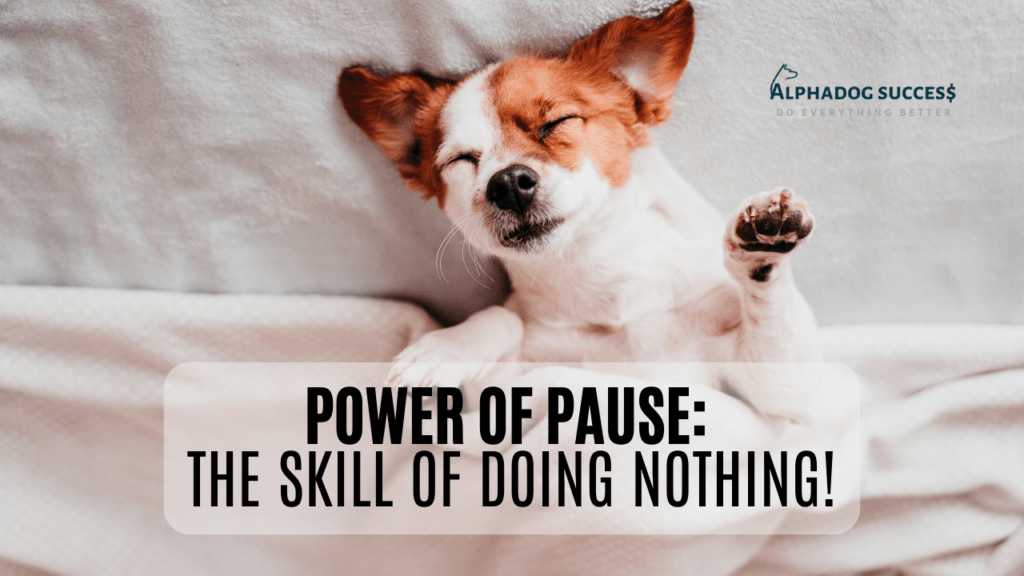Personal power and accountability go hand in hand. When you take ownership of your thoughts, actions, and outcomes, you are taking control of your life and the direction it goes. This sense of personal power can be transformative, helping you to become more disciplined and achieve your goals.
But what does it mean to be disciplined, and how can you develop this important quality? Discipline is often defined as the ability to control one’s feelings and desires in order to do what is right. It is the willingness to do what needs to be done, even when it is difficult or inconvenient. Discipline is a key component of success in any area of life, from career and finance to relationships and personal growth.
So, how can you become more disciplined?
Here are a few tips to help you get started:
Set clear goals and priorities: Without a clear sense of what you want to achieve, it can be difficult to stay motivated and on track. Take some time to think about your long-term goals and what you want to accomplish in the short-term. Make a list of your priorities and use this to guide your actions.
Make a plan: Once you have your goals in mind, it’s important to create a plan to help you reach them. Break down your goals into smaller, actionable steps and make a schedule to help you stay on track.
Stay organized: A cluttered space can lead to a cluttered mind, so it’s important to keep your physical and digital spaces organized. This can help you stay focused and reduce distractions.
Stay accountable: It can be helpful to share your goals and progress with someone else, such as a friend, family member, or mentor. This can help you stay accountable and motivated to continue working towards your goals.
Practice self-control: Discipline is about controlling your thoughts and actions, and this requires self-control. Practice making healthy choices, such as eating well, exercising regularly, and getting enough sleep, to help strengthen your self-control muscles.
Be consistent: Discipline is not a one-time effort; it requires consistent practice. Make an effort to do the things you need to do on a regular basis, even when you don’t feel like it. This will help you build good habits and establish a sense of discipline in your life.
Reward yourself: It’s important to celebrate your progress and give yourself credit for the hard work you put in. Find ways to reward yourself when you reach a milestone or accomplish something important. This can help you stay motivated and continue to make progress.
Personal power and accountability go hand in hand, and developing discipline is an important part of taking control of your life. By setting clear goals, making a plan, staying organized and accountable, practicing self-control, being consistent, and rewarding yourself for your efforts, you can cultivate a sense of discipline that will help you achieve your goals and live a more fulfilling life.

Throughout my life there have been fundamental beliefs, ideas and principles that have helped me achieve success in many respects. I’ve benefited from many different schools of thought and learned from mentors of all different backgrounds and philosophies. The way I live my life and the concepts I teach are a reflection of these different points of view.



